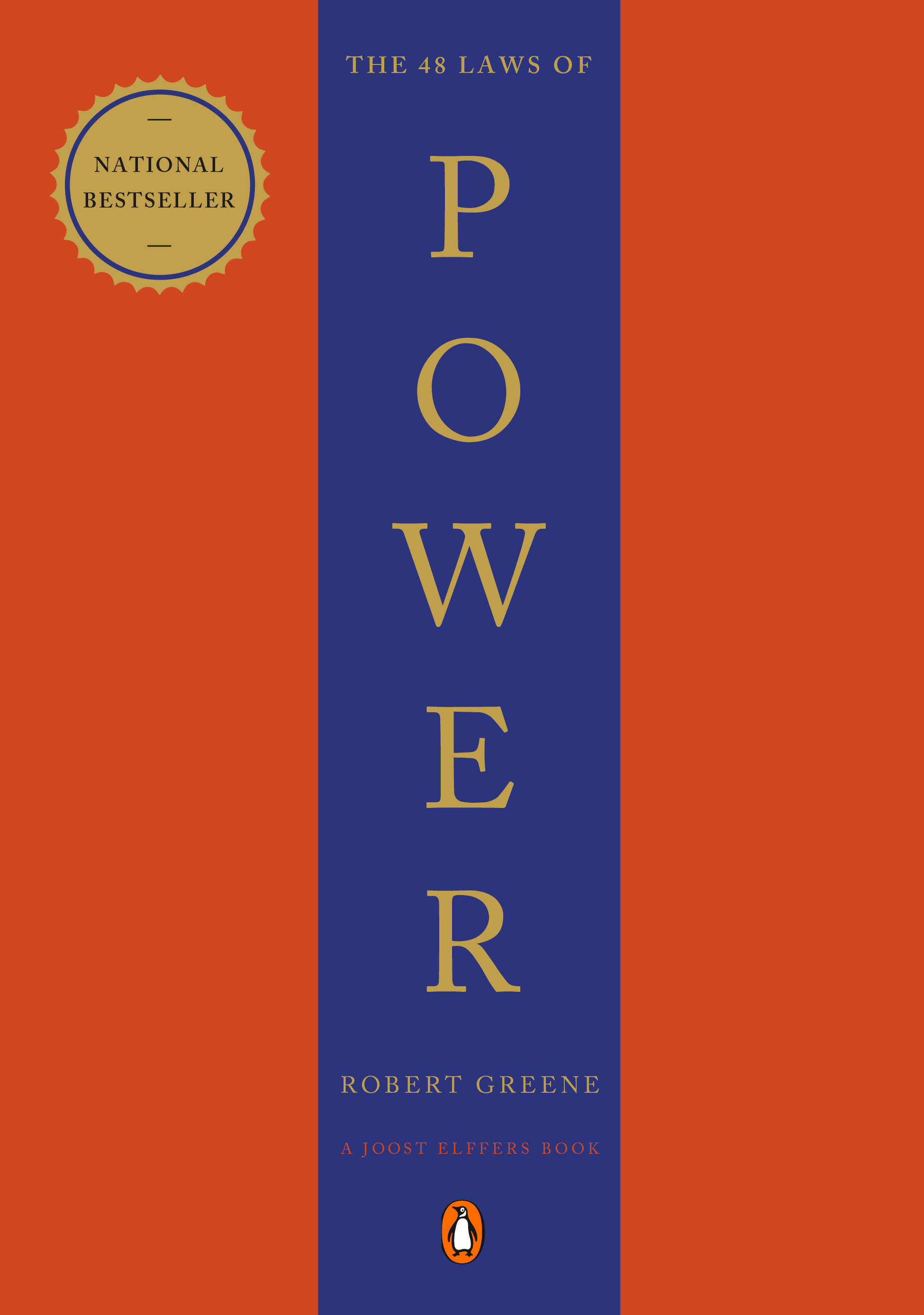TL;DR
The 48 Laws of Power by Robert Greene distills centuries of historical wisdom into 48 laws that guide readers in gaining and maintaining power through strategic thinking and manipulation.
What is The 48 Laws of Power about
The 48 Laws of Power is a self-help book that serves as a manual for anyone interested in mastering the dynamics of power and influence. Author Robert Greene combines insights from historical figures, philosophers, and military strategists, such as Machiavelli and Sun Tzu, to outline 48 essential laws of power. Each law is designed to illustrate how power operates and offers practical strategies for achieving control in various contexts, whether in personal relationships, business, or broader social interactions. Greene's writing reflects a keen understanding of human nature, demonstrating how power plays a crucial role in relationships and societal structures.
The 48 Laws of Power 5 Key Takeaways
Never Outshine the Master
This law emphasizes the importance of making those above you feel superior. By avoiding outshining your superiors, you cultivate a safe space for your own advancement.
Enter Action with Boldness
Confidence is key to gaining respect and influence; hesitancy and indecision can lead to failure. Bold actions often yield greater rewards.
Conceal Your Intentions
Keeping your true goals hidden allows you to manipulate others and remain unpredictable, making it harder for rivals to thwart your plans.
Use Selective Honesty and Generosity to Disarm Your Victim
A well-timed act of honesty can create trust and lower defenses, making it easier to achieve your ulterior motives.
Crush Your Enemy Totally
Leaving no room for your enemies to recover ensures your position is unchallenged, as half-measures can invite retaliation.
Top The 48 Laws of Power Quotes
- "Power is a game of chess, not checkers; it requires strategy and patience to win."
- "Master the art of timing—never seem rushed or too eager to achieve your goals."
- "The greatest victory is that which requires no battle; understand your adversary without conflict."
Who should read The 48 Laws of Power?
The 48 Laws of Power is ideal for individuals seeking to understand and navigate complex social dynamics, including professionals in competitive environments, entrepreneurs, and those interested in psychology and strategy. Readers will gain insights into the art of influence and manipulation, providing them with tools to enhance their personal and professional lives.
The 48 Laws of Power Best Reviews
- "The 48 Laws of Power is a beguiling, fascinating read that serves as both a historical discourse and a contemporary guide to navigating power dynamics." - People Magazine
- "Greene's work is not merely a collection of strategies but an insightful exploration into the nature of human behavior and ambition." - The New York Times
- "A must-read for anyone interested in the mechanics of influence and control in social and professional realms." - Forbes
People also liked these summaries
The 48 Laws of Power FAQs
What is the primary theme of The 48 Laws of Power?
The primary theme is understanding the dynamics of power and influence in human relationships and how to navigate these dynamics effectively.
Is The 48 Laws of Power suitable for ethical readers?
Yes, while the book outlines manipulative tactics, readers can apply its lessons ethically to understand power dynamics without compromising their values.
Can the laws in this book be applied in modern business?
Absolutely. Many of the laws are directly applicable to business contexts, helping individuals navigate corporate structures and competition effectively.


